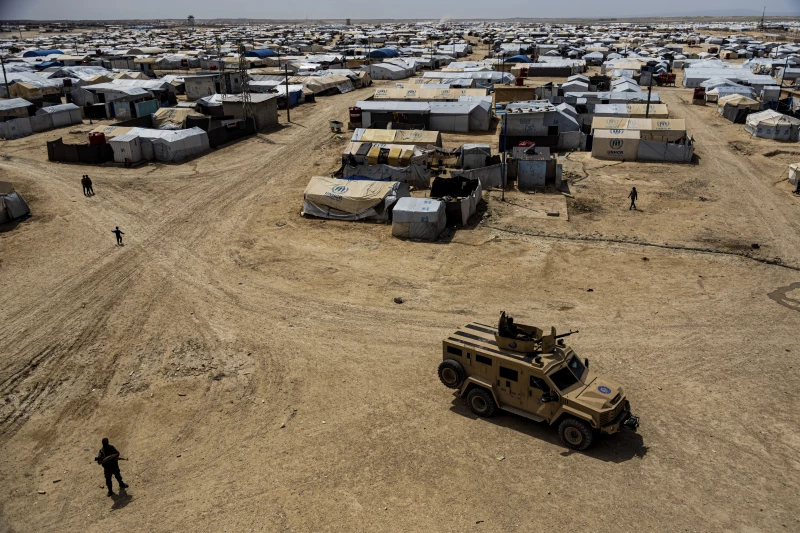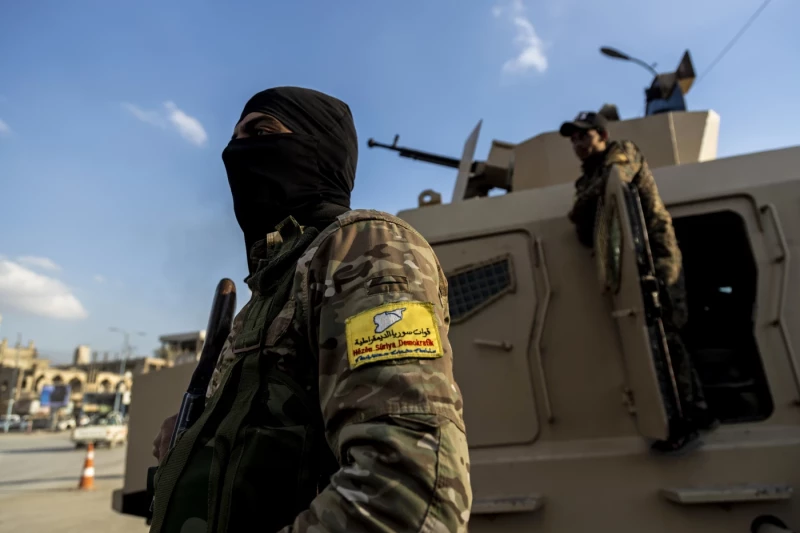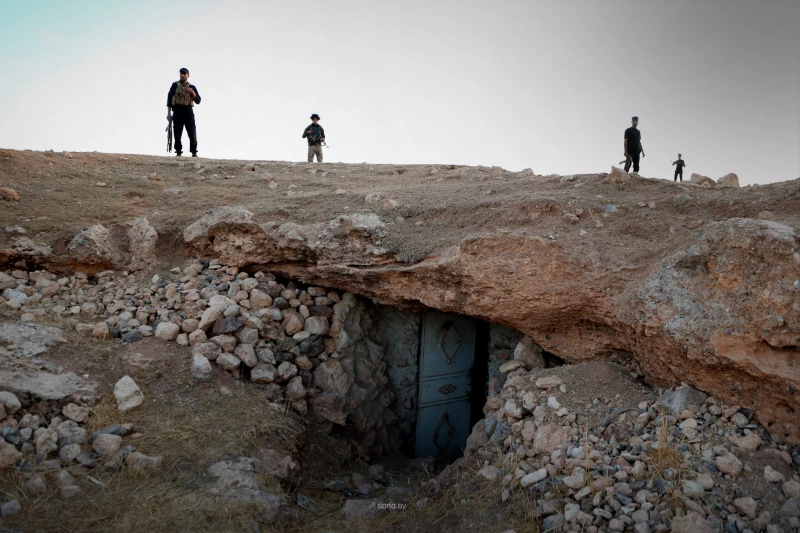ERBIL, Kurdistan Region of Iraq – A Syrian government official on Saturday slammed a conference organized by Kurdish authorities in northeast Syria calling for decentralization the day before, saying the event violated previous agreements and that Damascus will therefore not participate in further talks in Paris.
Representatives from Kurds, Arabs, Syriacs, Assyrians, Turkmens, Armenians, Circassians, and other communities in northeast Syria on Friday participated in a conference organized by the Kurdish-run Autonomous Administration in North and East Syria (AANES), calling for a “democratic” and “decentralized” Syria.
An unnamed official from the Damascus government told state media that the government affirms citizens’ right to peaceful assembly and constructive dialogue and that religious or ethnic groups “have the full right to express their political views… provided that their activities are peaceful, that they do not bear arms against the state, and that they do not impose their vision on the form of the Syrian state.”
Representatives of AANES and Mazloum Abdi, commander of the Kurdish-led Syrian Democratic Forces (SDF), were set to meet with Syrian government officials in Paris in late July; however, the meeting was abruptly canceled without a reason being given. No official dates have yet been announced for future talks.
“This conference has dealt a blow to ongoing negotiation efforts. Accordingly, the government will not participate in any meetings scheduled for Paris and will not sit at the negotiating table with any party seeking to revive the era of the former regime under any pretext or cover,” said the official, calling on the SDF to implement the March 10 agreement.
The source said the conference “does not represent a comprehensive national framework, but rather a fragile alliance that includes sides harmed by the victory of the Syrians and the fall of the era of the deposed regime, and some parties that monopolized or trying to monopolize the representation of the components of Syria by force of fait accompli, and based on external support.”
AANES has been in charge of northeast Syria’s internal affairs since 2018, with the SDF acting as its de facto army. The SDF has been a key ally of the US in the fight against the Islamic State (ISIS) in Syria, and the forces are heavily supported by Washington.
After months of deliberation and negotiations, Syrian President Ahmed al-Sharaa and SDF chief Abdi signed an agreement on March 10 to officially integrate the Kurdish-led forces and all other institutions in northeast Syria into the Syrian state institutions.
The source stated that Damascus “strongly condemns the hosting of separatist figures involved in hostile acts,” calling it “a clear violation of the March 10 agreement.”
“The government holds the SDF and its leadership fully responsible for the repercussions, and considers this conference an attempt to internationalize Syrian affairs, invite foreign intervention, and reimpose sanctions, for which the SDF bears legal, political, and historical consequences.”
Despite the March agreement, disagreements still run deep between the Kurdish authorities and Sharaa’s government about the model of governance in Syria, with Sharaa aiming to consolidate power and maintain full sovereignty over all Syrian territories, while the Kurds advocate for a federal state where they maintain a degree of self-governance.
“The form of the state will not be decided through factional agreements, but rather through a permanent constitution approved by popular referendum, ensuring equal participation for all citizens. Any citizen has the right to present their vision for the state, but this can only be achieved through public dialogue and ballot boxes, not through threats or armed force,” the government source added on Saturday.
Sharaa signed the country’s draft Constitutional Declaration on March 13, three months after toppling the Assad regime. The document was drafted based on the Syrian National Dialogue Conference held in late February, which was slammed by Kurdish authorities for their “token representation.”
Shortly after the declaration, the Syrian Democratic Council (SDC), the SDF’s political wing, announced its “complete rejection” of the document, describing it as “tyranny in a new form.”
In an interview with the SDF-affiliated Hawar News Agency (ANHA) on Monday, Abdi said that the integration of armed forces and institutions of north and east Syria into the Syrian state “cannot be imposed by force,” expressing their willingness to take “practical steps” toward an understanding with Damascus.



 Facebook
Facebook
 LinkedIn
LinkedIn
 Telegram
Telegram
 X
X


